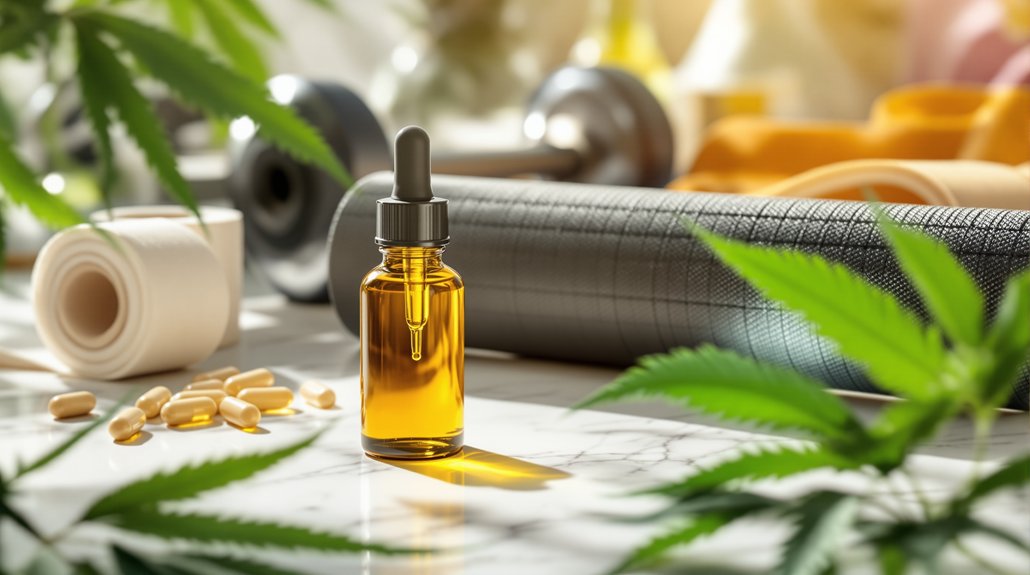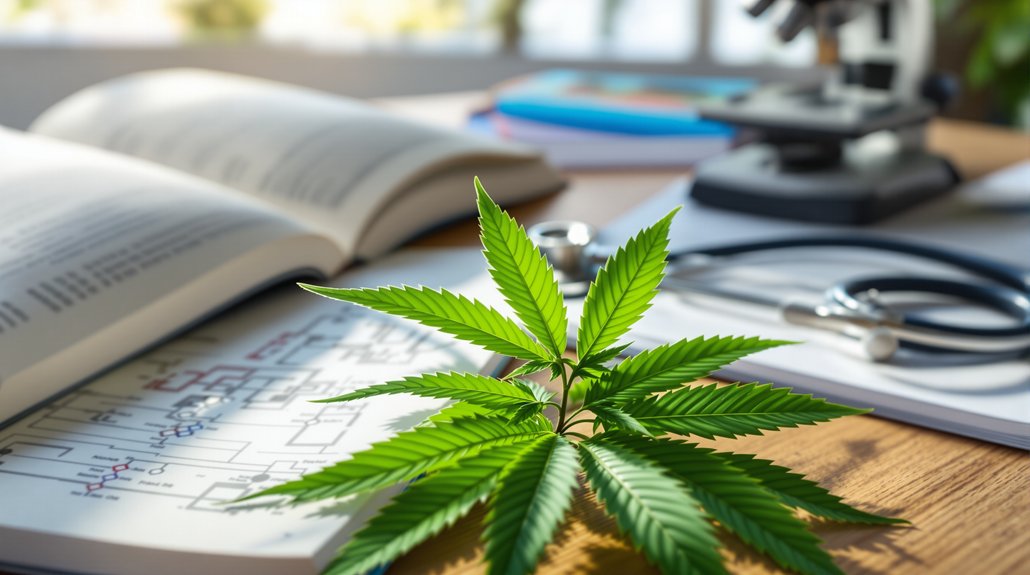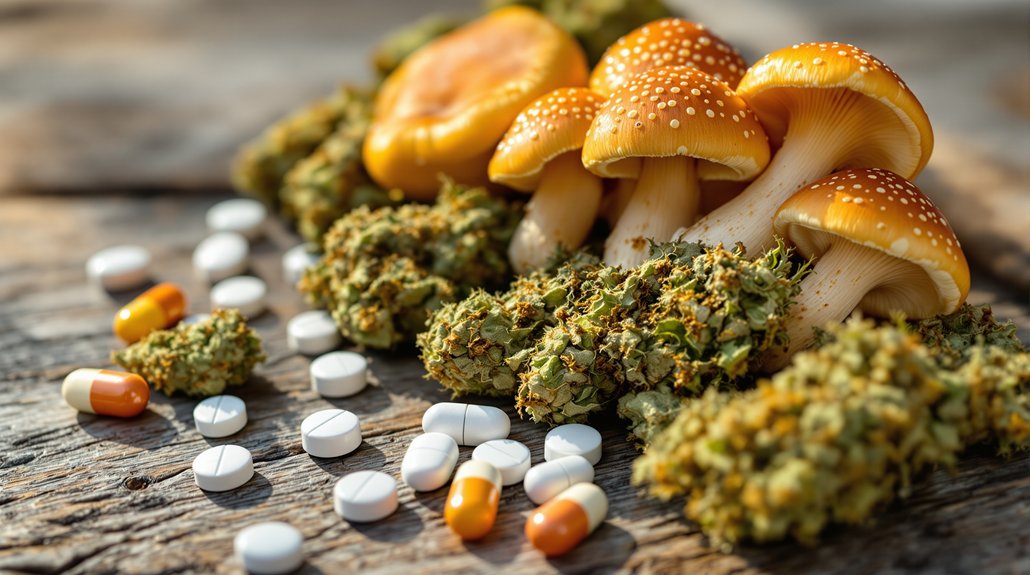Professional athletes across diverse sports are quietly abandoning ice baths and traditional anti-inflammatory medications in favor of CBD oils, marking a significant shift in recovery protocols. While preliminary studies suggest cannabidiol may reduce muscle inflammation and improve sleep quality without psychoactive effects, the scientific evidence remains surprisingly thin. Major leagues have relaxed restrictions on CBD use, yet questions persist about ideal dosing, product quality, and whether these cannabis-derived compounds can truly match decades-proven recovery methods that have dominated competitive athletics.
As athletes increasingly seek natural alternatives to traditional recovery methods, CBD has emerged as a potential therapeutic option that warrants scientific examination. The compound, derived from cannabis plants, has gained attention for its possible anti-inflammatory properties and pain management capabilities, though the scientific evidence remains limited and largely preliminary.
Research suggests that CBD may interact with the body’s endocannabinoid system to reduce inflammatory responses, potentially offering an alternative to NSAIDs and other pharmaceutical anti-inflammatories for minor injuries. Some studies have observed modest reductions in biomarkers of muscle damage, including creatine kinase and myoglobin levels, after CBD supplementation. However, most compelling research comes from animal and laboratory models rather than robust human trials, leaving questions about real-world effectiveness in athletic populations.
The pain management potential of CBD centers on its ability to influence neurotransmitter activity related to pain sensation. Through activation of TRPV1 and serotonin receptors, CBD has demonstrated analgesic effects in various studies. Topical CBD applications in athletes have shown minor yet significant pain relief with minimal adverse effects. Unlike THC, CBD does not produce psychoactive effects since it lacks the molecular structure that allows THC to bind with CB1 receptors in the brain. Despite these findings, CBD is not considered a primary option for pain management due to limited and conflicting clinical data compared to established analgesics.
Regarding muscle recovery and performance enhancement, preliminary evidence indicates CBD may aid satellite cell differentiation, potentially benefiting muscle regeneration after exercise-induced damage. Some trials have noted modest improvements in muscle damage attenuation and restoration of physical performance following exercise. Short-term improvements in VO2 and mean power output have been reported, though no significant effects on maximal strength or explosive power were observed.
These positive findings generally relate to subclinical benefits rather than dramatic recovery improvements, and the overall impact on performance remains limited compared to established recovery protocols.
Sleep quality represents another area of interest, as anecdotal and preclinical evidence links CBD to improved rest patterns that may assist athletic recovery. The compound potentially reduces competition-related fatigue by influencing sleep cycles and recovery processes through anxiety reduction and circadian rhythm stabilization via endocannabinoid modulation.
However, direct studies measuring sleep improvements in athletes using CBD are lacking, with evidence remaining largely subjective or indirect. The use of CBD has grown substantially since its removal from prohibited substances by regulatory bodies, with approximately one-third of endurance athletes now reporting cannabinoid use.
Safety considerations appear favorable based on current research, with most studies indicating minor, transient side effects such as dry skin with topical use. No severe adverse effects have been reported in short-term trials. Notably, the World Anti-Doping Agency has recognized CBD for use by professional athletes, distinguishing it from other cannabis compounds that remain prohibited.
However, significant challenges remain regarding ideal dosing protocols for athletes, as studies employ widely differing amounts and administration routes without clear consensus.
The current state of CBD research in athletic recovery reveals a compound with theoretical promise but limited practical validation. While early findings suggest potential benefits in inflammation reduction, pain management, and recovery support, larger clinical trials specifically targeting athletic populations are necessary to establish definitive efficacy.
Athletes considering CBD should recognize that existing evidence, while encouraging, does not yet demonstrate superiority over established recovery methods.









